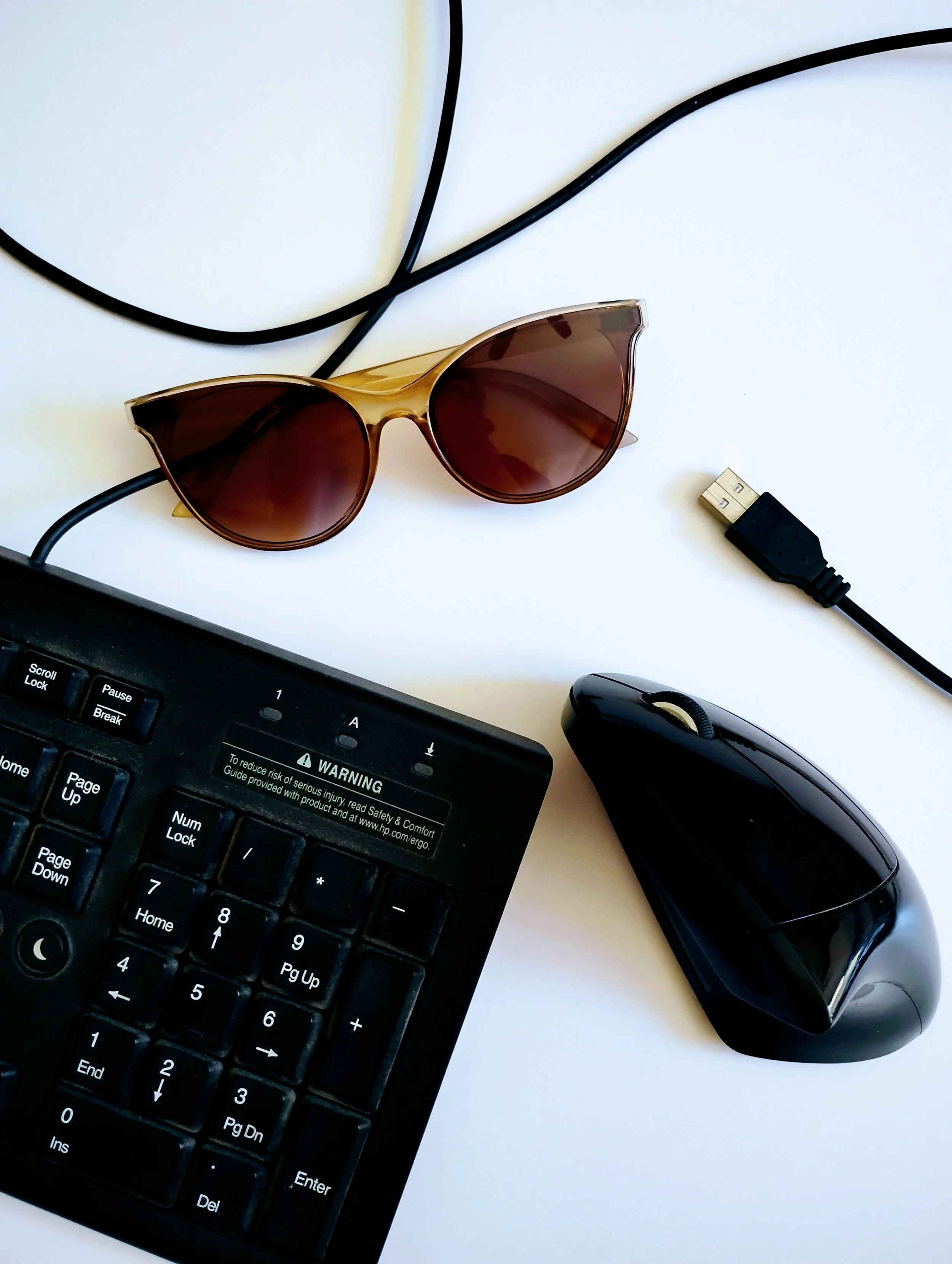Will what’s ours stay ours?
In a quickly advancing digital landscape, it’s important for musicians to understand their privacy rights. Photo by Julianne Littlefield
Musicians publish content to the web, while politicians and AI users take advantage. Do copyright protections still exist?
For those starting out, blissfully uploading their newest releases to their favorite platforms, copyright might be a foreign subject.
What many may not realize is that digital sharing of music intersects closely with copyright law. And before making your rise to fame, it’s important to consider music’s connection with the government.
Understanding copyright for music
According to an article by writer George Pike, brands and images are protected by intellectual property (IP) law, licenses and litigation. But music has an extra part that needs protection.
Specifically, the content’s composer owns the original copyright, but music licensing control can be turned over to a publisher. Also, the copyright to the recording of a song is controlled by a record company.
Music clearinghouses and managing licenses
Artists can sign with a clearinghouse, like ASCP or BMI. These companies provide licenses to those looking to use a song. So, should someone ask for a license, the artist won't have to sort through these requests.
I experienced this when I published my own EP through CD Baby, a company that distributes independent music. Once I was ready to complete the publishing process, I was prompted to register with a music clearinghouse, and I signed a contract with BMI.
But allowing these companies access to your music comes with a catch: it's harder to stop someone from getting a license to your music, since you're not in control.
Politicians take a listen
Often, artists wouldn’t ever know if their content was being used, but when politicians use it, musicians might take notice. Sometimes these artists object to the use of their songs in a political campaign, if they don't want to be associated with it.
If the politician is using a “political entities license” to play the content, the artist can have it removed. But if they are using another license, the artist’s options are more varied, depending on the situation.
At the very least, the artist can make a public complaint.
AI, music and legislation
Another way in which musicians’ threatened copyright protections intersect with the government is through AI. An article from Judges' Journal sheds light on this current issue.
Specifically, Songs like "Heart on My Sleeve" use AI to imitate the voices of Drake and Abel Tesfaye (a.k.a. the Weeknd). But, as of 2024, this incident wasn't a copyright violation.
It's such an elusive issue because AI meshes recordings of the actual artist's voice. So, because the original audio is altered, these publications aren't shut down.
There is a current bill that has been introduced to congress called the "NO FAKES Act of 2025." This bill would bring further restrictions against AI for protecting an individual's voice and likeness.
It is yet to be seen if the bill will pass.
References
Johnson, D. L. (2024). Protecting Artists Against AI Fakes. Judges’ Journal, 63(4), 26–27.
Pike, G. H. (2020). Legal Issues. Information Today, 37(6), 25–26.
